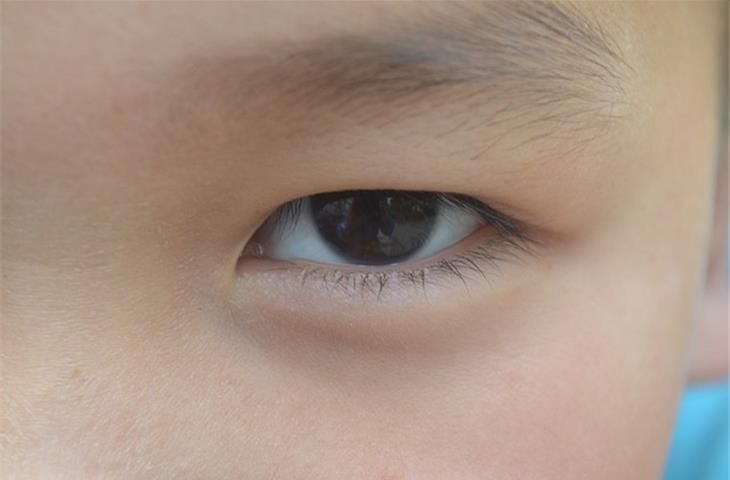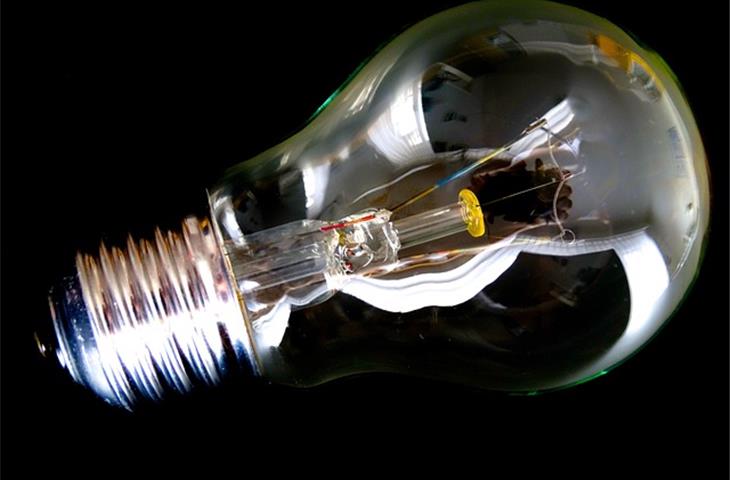The practice of securing body parts has emerged as an indispensable facet of guaranteeing safety and security in our contemporary society. Be it for personal defense, privacy preservation, or merely to limit access to confidential zones, the act of locking body parts serves as a pivotal instrument in preserving command over one’s personal welfare. This discourse examines the significance of locking body parts, scrutinizing diverse reasons, advantages, and pragmatic applications.
Body:

1. Safeguarding Personal Privacy:

Securing body parts, such as employing locks on bathroom entrances or safeguarding personal possessions within drawers or cabinets, aids in protecting personal privacy. It assures that individuals can preserve their personal domain and control who has entrance to their possessions, thereby discounting the prospect of unwarranted intrusion or misuse.
2. Scrutinising Unauthorized Access:

Restricting access by way of locking body parts constructs a physical impediment against unauthorized access. Be it bolting doors and windows for a domestic residence or utilizing padlocks on fitness equipment to thwart theft, locking body parts acts as a bulwark against burglary, vandalism, and other types of unauthorized access.
3. Amplifying Safety in Public Venues:
Public areas frequently necessitate locking body parts to assure safety and hinder accidents. For instance, lockable gates and fences surrounding swimming pools avert unsupervised departures among children. Similarly, locking doors and windows in structures like schools or office premises fosters a sentiment of security and inhibits unauthorized ingress during nonworking hours.
4. Preserving Hygiene and Sanitation:
The practice of locking body parts, especially in shared environments, assumes paramount importance in upholding hygiene and sanitation. For instance, lockable lavatories ensure that individuals have access to pristine and private amenities. Likewise, securing doors in dressing rooms or locker rooms curbs the propagation of germs and sustains a clean and conducive atmosphere for patrons.
1. The Necessity of Securing Body Parts for Personal Privacy:
Personal privacy is a cardinal right, and securing body parts aids in its preservation. It empowers individuals to retain control over their personal space, ensuring they can conduct activities without feeling exposed or uneasy. By securing personal effects and maintaining privacy in shared areas, locking body parts fosters a sense of security and wellbeing.
2. The Significance of Discouraging Unauthorized Access:
Unapproved access can precipitate numerous repercussions, encompassing theft, vandalism, and even physical harm. Restricting access via locking body parts erects a physical barrier that acts as a dissuasive measure against potential intruders. By fortifying homes, offices, and public venues, locking body parts safeguards invaluable assets, personal possessions, and the well-being of individuals.
3. Augmenting Safety in Public Venues Through Locking Body Parts:
Implementing locking body parts in public venues is critical for ensuring safety and averting mishaps. By limiting access to specific areas, such as swimming pools or playgrounds, locking body parts shields children from unsupervised departures. It also facilitates superior management of public spaces, ensuring a secure and pleasurable experience for all users.
4. Sustaining Hygiene and Sanitation with Locking Body Parts:
In shared environments, upholding hygiene and sanitation is vital. Implementing locking body parts, akin to secure washrooms or lockable doors in dressing rooms, curtails the spread of germs and preserves a clean and comfortable ambiance. It also guarantees that individuals have access to private facilities, fostering a sense of cleanliness and well-being.
The practice of locking body parts plays a pivotal role in ensuring safety, privacy, and hygiene across varied settings. Whether there’s a necessity for personal privacy, discouragement of unauthorized access, enhancement of safety in public areas, or preservation of hygiene, locking body parts offers a practical strategy to address these challenges. By understanding the significance and advantages of locking body parts, individuals and entities can initiate necessary steps towards self-defense and establishment of a more secure, cleaner environment for all.

